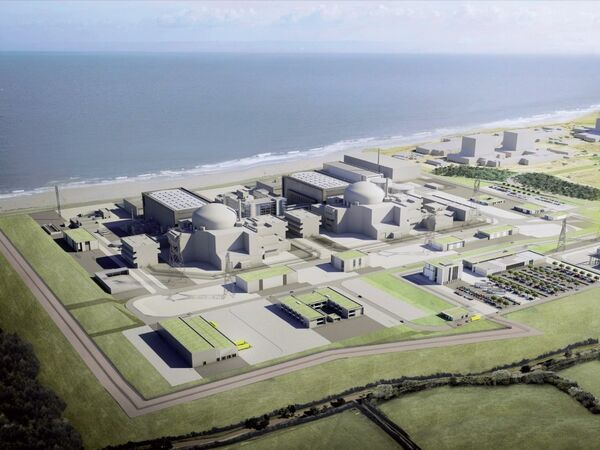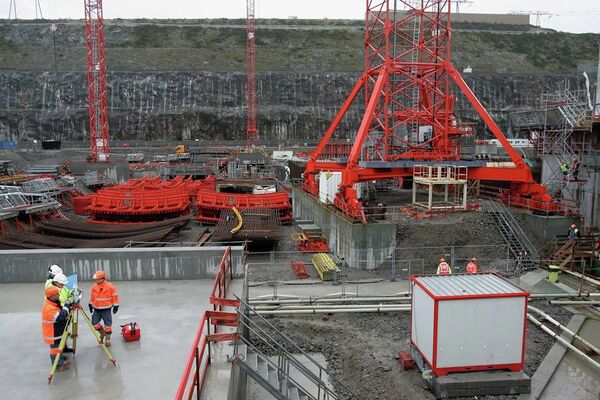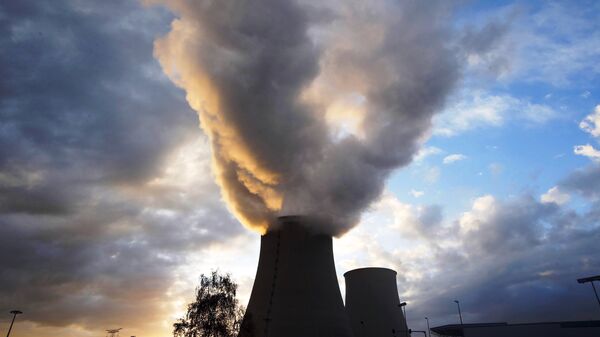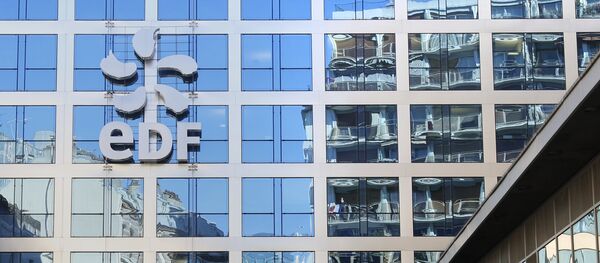The largely French state-owned energy giant EDF has been drawing up plans to build the next-generation nuclear power station at Hinkley Point in the southwest of England, but has been hit by a series of deals and the company is yet to make a final investment decision over the project.

The project has been hit by financial woes because of a drop in demand for nuclear power since the Fukushima disaster, in March 2011, when a magnitude nine earthquake set off a tsunami that hit the Fukushima Daiichi nuclear plant resulting in the meltdown of three of the plant's six nuclear reactors.
In a French television interview, Thursday, French energy minister, Ségolène Royal, was asked whether Hinkley Point would be postponed. "It's still under discussion. There's an agreement between France and Britain, so things should go ahead. But the trade unions are right to ask for the stakes to be re-examined.
"This project must provide further proof on the one hand of its worth, and on the other must provide assurances that the investments in the project won't redirect or dry up investments that must be made in renewable energy," she said.
EDF Energy — the UK subsidiary of EDF — agreed a 'strike price' with the UK Government, which guarantees EDF a price of US$141 MWh for generating electricity over 35 years and a debt guarantee. Despite this, problems with EDF's partner Areva — which manufactures the nuclear reactor — have led to delays in putting finance into place.
French Financial Fears
In 2015, EDF's construction partner, Areva, announced huge losses and the French Government is attempting a rescue plan that will include a bailout from EDF. This is turn has had a knock-on to Hinkley, where — despite China General Nuclear Power Corporation (CGN) agreeing to pay a third of the cost of the US$25 billion project in exchange for a 33.5 percent stake — EDF is said to be having trouble raising its 66.5 percent of the cost.

The CEO of EDF, Jean-Bernard Lévy, in September announced a further postponement of the commissioning of the gigantic new nuclear power station at Flamanville in northern France and admitted the price has more than tripled.
Levy said the first French third-generation European Pressurized Water reactor (EPR) with a capacity of 1650 MW will cost in the region of US$12 billion — more than three times the original projected cost of US$3.37 billion and fuel loading will not even start until late 2018, six years behind schedule.
Meanwhile, construction by EDF and Siemens of the Olkiluoto nuclear plant in Finland — based on the same design as Flamanville has also suffered many delays and cost over-runs.



